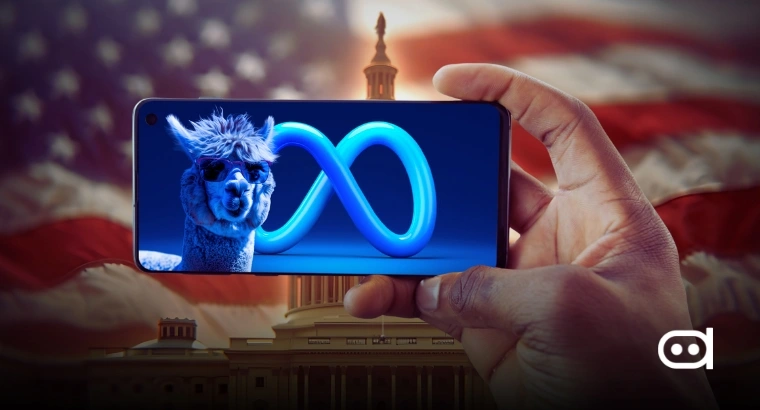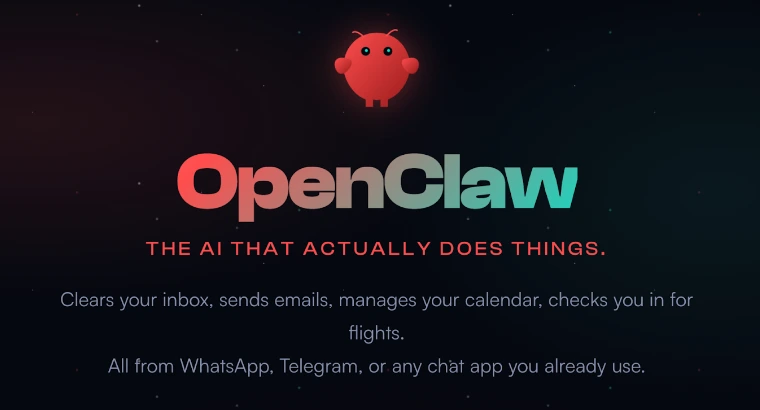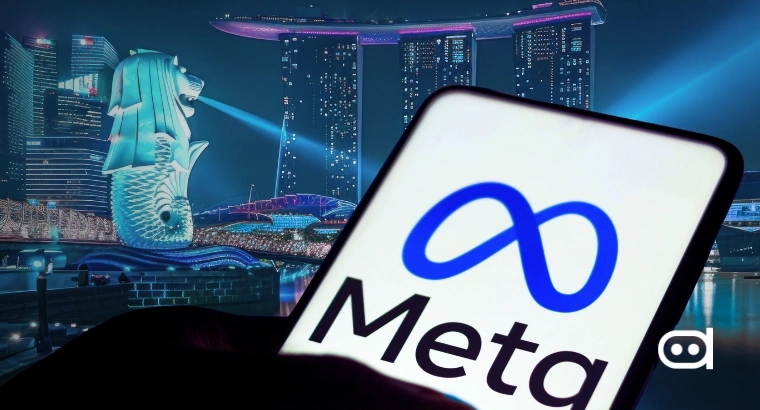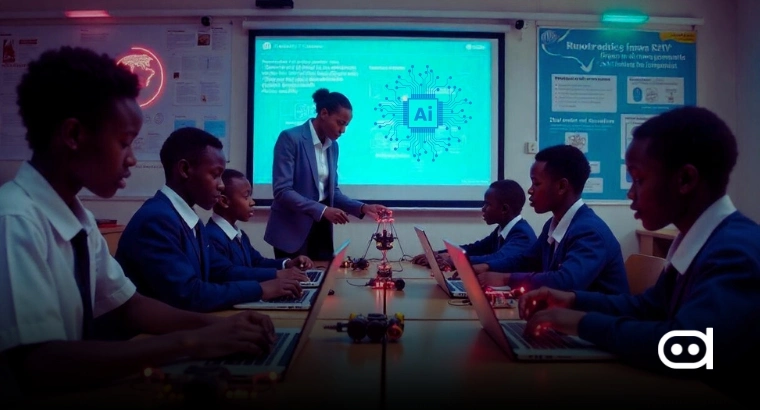
Key Highlights –
- Meta’s open-source AI models, Llama, have been approved for use by U.S. federal agencies under a new deal with the General Services Administration (GSA).
- The move allows government agencies to use the free, open-source models for tasks like contract reviews and IT support while maintaining full control over their sensitive data.
- This collaboration contrasts with AI companies like Anthropic, which recently imposed strict limits on the use of its models for military and surveillance purposes by U.S. government entities.
Meta’s open-source artificial intelligence models, known as Llama, have been approved for use by U.S. federal government agencies in a new collaboration with the General Services Administration (GSA). The deal, announced on Monday, is part of a broader push by the government to integrate commercial AI tools into its operations and accelerate the adoption of new technology.
The approval, which makes Llama available to all federal departments and agencies, is a significant development given the models’ open-source nature. While other tech companies like OpenAI and Google have secured government contracts, the Llama models are freely available.
The GSA’s role in the agreement was to verify that the Llama models meet federal security and legal standards, allowing agencies to deploy them with confidence. According to a statement from the GSA, the open-source nature of the models will help agencies “retain full control over data processing and storage” and “build, deploy, and scale AI applications at a lower cost.”
Thanks to Meta and its commitment to advancing public sector services, our federal partners now have easier access to Llama and open source AI, which offer unique benefits for federal agencies and government use cases. Through these OneGov initiatives, GSA is driving an unprecedented acceleration of AI adoption across the federal government.
– Federal Acquisition Service Commissioner Josh Gruenbaum.
Anthropic’s Contrasting Approach to Govt. Partnerships
The deal highlights a diverging philosophy among major AI companies regarding their relationship with government entities. Meta’s collaboration with the GSA is a clear signal of its willingness to work with a wide range of federal agencies. The company has a history of partnering with the U.S. government, including on national security applications and even a project that sent Llama to the International Space Station. In a statement, Meta CEO Mark Zuckerberg said the company wants to ensure “all Americans see the benefit of AI through better, more efficient public services.”
America is leading on AI and we want to make sure all Americans see the benefit of AI innovation through better, more efficient public services. With Llama, America’s government agencies can better serve people.
– Mark Zuckerberg, Founder and CEO of Meta.
This contrasts sharply with the recent policy adopted by rival AI company Anthropic. As reported previously in our article, Anthropic recently drew a firm line by prohibiting the use of its models for military purposes, including weapons development, intelligence gathering, and surveillance. Anthropic’s stance is rooted in its “responsible AI” philosophy, which seeks to prevent its powerful models from being used for dangerous purposes. While the company’s policy has reportedly “irked” the White House, Meta’s approach appears to be a more direct embrace of government use, particularly for civilian and administrative applications.
Meta’s Recent AI Glasses Launch
Meta had recently launched its new Ray-Ban smart glasses with a built-in display and AI-powered features. The company shared that these glasses can be controlled with a new Neural Band wristband and works well across apps such as the likes of WhatsApp, Instagram etc. While Meta was among the first to debut with smart glasses, the market has become more competitive with other contenders such as Google, Samsung, Snap etc., in the wearable market.











